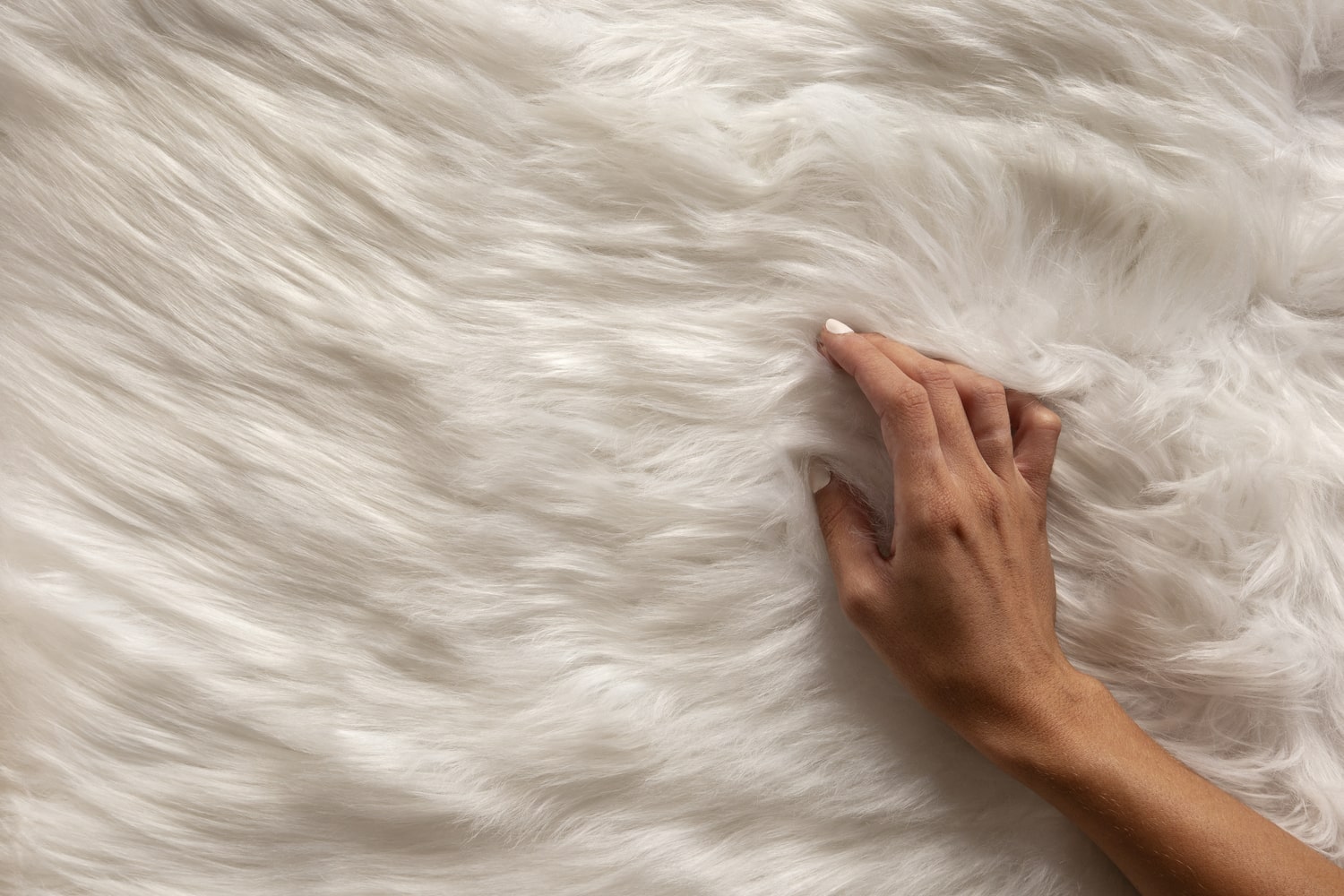
21 May The Sustainability of Sheepskin Production: A Look at Ethical Farming Practices
As consumers become more conscious of their environmental impact and the ethical implications of their purchases, the demand for sustainable and ethically sourced products continues to rise. At Erdogan Deri, we are committed to providing all our customers with high-quality leather goods that are produced through sustainable and ethical practices. In this article, we’ll take a closer look at the sustainability of sheepskin production and the ethical farming practices we employ to ensure the welfare of the animals and the environment. From sourcing the finest sheepskin to using eco-friendly tanning processes, we’re proud to offer a range of sustainable and ethically produced sheepskin leather goods that meet the needs of our environmentally conscious customers.
Sheep are a renewable resource, and their wool can be harvested year after year without harming the animal. This makes sheepskin a sustainable material, and it is an eco-friendly choice for the production of leather goods. However, it is crucial to ensure that the sheep are raised and fed with nutritious diets to ensure the highest quality of the shearling fur.
The first stage of sheepskin production is shearling. This process must be carried out carefully to minimize any discomfort or harm to the animal. It is essential to work with suppliers who follow strict ethical guidelines and prioritize the welfare of the animals. At Erdogan Deri, we work closely with sheep farms in Turkey to ensure that our suppliers adhere to ethical standards.
After the wool is sheared, it is cleaned and treated to remove any impurities. The next step is the tanning process, which involves treating the skin with various chemicals to prevent it from decomposing and to create the desired texture and color of the leather. At Erdogan Deri, we use eco-friendly and biodegradable chemicals in our tanning process to minimize our environmental impact.
Once the tanning process is complete, the leather is finished, and it can be used to create a wide range of products, including jackets, bags, shoes, and more. Our production process involves expert craftsmanship and attention to detail to ensure that each product is of the highest quality.
At Erdogan Deri, we are committed to ethical and sustainable practices throughout our production process, from sourcing to packaging. We believe that it is our responsibility to minimize our environmental impact while still producing high-quality products that meet the needs of our customers. By choosing sheepskin leather goods, businesses can make a sustainable and eco-friendly choice that also offers superior quality and durability.
In conclusion, the sustainability of sheepskin production process lies in ethical farming practices that prioritise the welfare of the animals and the environment. At Erdogan Deri, we take great pride in our commitment to ethical and sustainable practices, and we believe that our customers should feel confident in the products they purchase. By choosing sheepskin leather goods, businesses can make an eco-friendly and ethical choice that also offers top-quality products that meet the demands of the market.
FAQ
How is sheepskin produced?
Sheepskin production begins with shearing the wool from live sheep. The process must be carried out with care to minimize any discomfort or harm to the animal. After the wool is removed, the skin is cleaned and treated to remove any impurities. Then the tanning process begins, which involves treating the skin with various chemicals to prevent it from decomposing and to create the desired texture and color of the leather. The leather is then finished and can be used to create a wide range of products, including jackets, bags, shoes, and more.
How is sheepskin ethically sourced?
Sheepskin and sheepskin products can be ethically sourced by working with reputable suppliers who prioritize the welfare of the animals. It is important to ensure that the sheep are raised and fed with nutritious diets to ensure the highest quality of the fur. The shearing process must be carried out carefully to minimize any discomfort or harm to the animal. At Erdogan Deri, we work closely with sheep fur farms in Turkey to ensure that our suppliers adhere to ethical standards and prioritize the welfare of the animals. We also prioritize the use of eco-friendly and biodegradable chemicals in our tanning process to minimize our environmental impact.
Is sheepskin eco-friendly?
Sheepskin is a sustainable and eco-friendly material. Sheep are a renewable resource, and their wool can be harvested year after year without harming the animal. This makes sheepskin a sustainable material, and it is an eco-friendly choice for the production of leather goods. Additionally, sheepskin leather is biodegradable and does not contribute to environmental pollution. At Erdogan Deri, we are committed to ethical and sustainable practices throughout our production process, from sourcing to packaging. We believe that by choosing sheepskin leather goods, businesses can make an eco-friendly and sustainable choice that also offers superior quality and durability.
